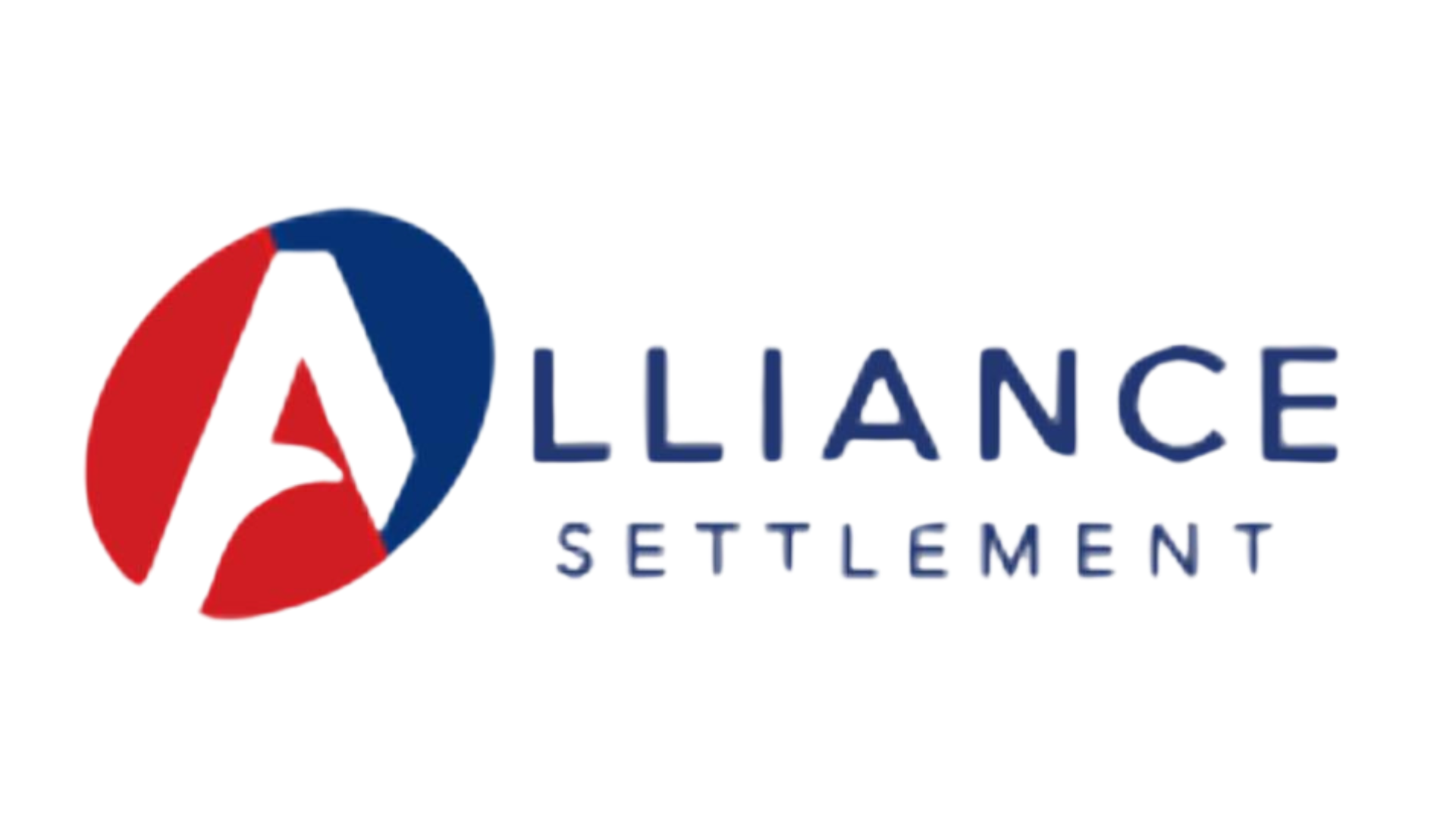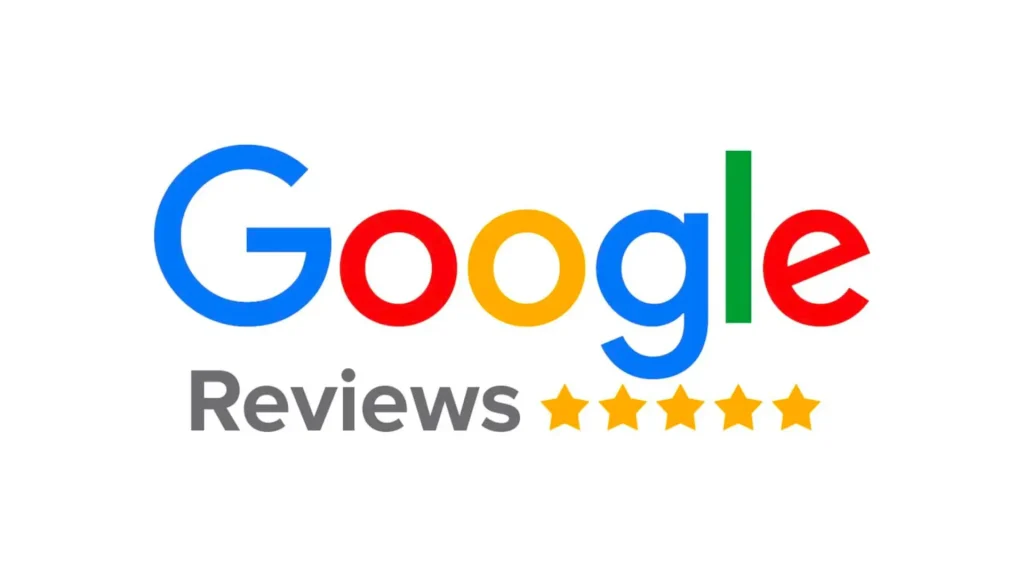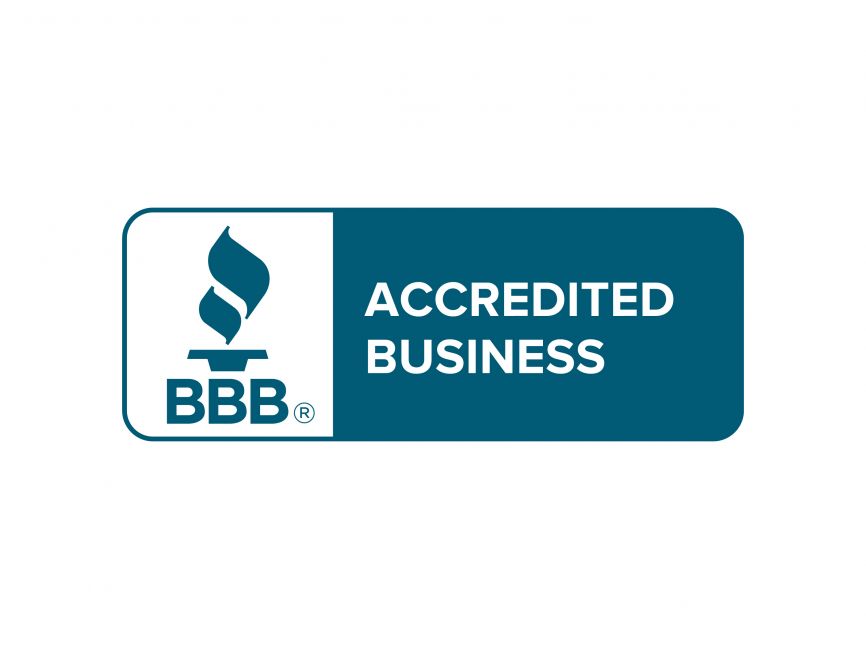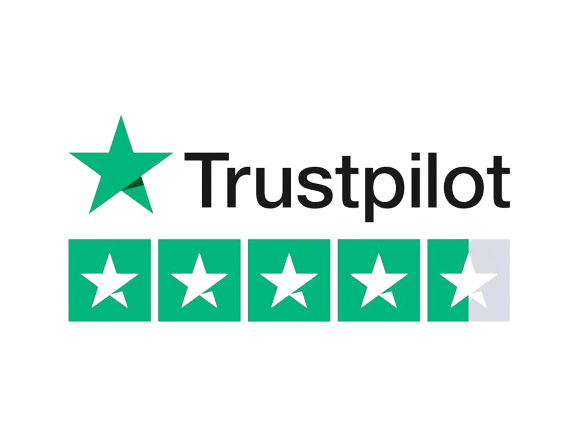Credit cards often promote flexibility through minimum payments—but that convenience comes at a cost. While paying the minimum might keep your account in good standing, it can trap you in debt for years or even decades due to compounding interest and slow principal reduction.
The Problem with Minimum Payments
Minimum payments typically cover only 1–3% of your total balance. Most of this payment goes toward interest, not the actual amount you owe.
Example: If you owe $10,000 at 20% interest and pay only the minimum, it could take over 20 years to pay off—and you’ll end up paying more than double the original debt.
Why Credit Card Companies Prefer It This Way
- More interest means more profit for them.
- It keeps your account active and generating fees.
- Minimum payments give a false sense of progress while keeping your balance nearly the same.
What to Do Instead
1. Pay More Than the Minimum
Even a small increase—like $50 extra per month—can drastically cut down your interest and repayment time.
2. Use the Avalanche or Snowball Method
- Avalanche: Pay off the highest interest debt first to reduce total interest paid.
- Snowball: Pay off the smallest balances first for momentum and psychological wins.
3. Consider Debt Relief Options
If you’re overwhelmed and struggling to make more than the minimum, it may be time to explore professional help such as debt settlement. This can reduce your total balance and get you back on track faster than minimum payments ever could.
You Deserve Better Than the Minimum
Minimum payments are designed to benefit creditors, not you. Breaking the cycle requires intention, planning, and sometimes help. At Alliance Settlement, we believe you shouldn’t have to stay trapped in debt. Let’s build a better plan together.










